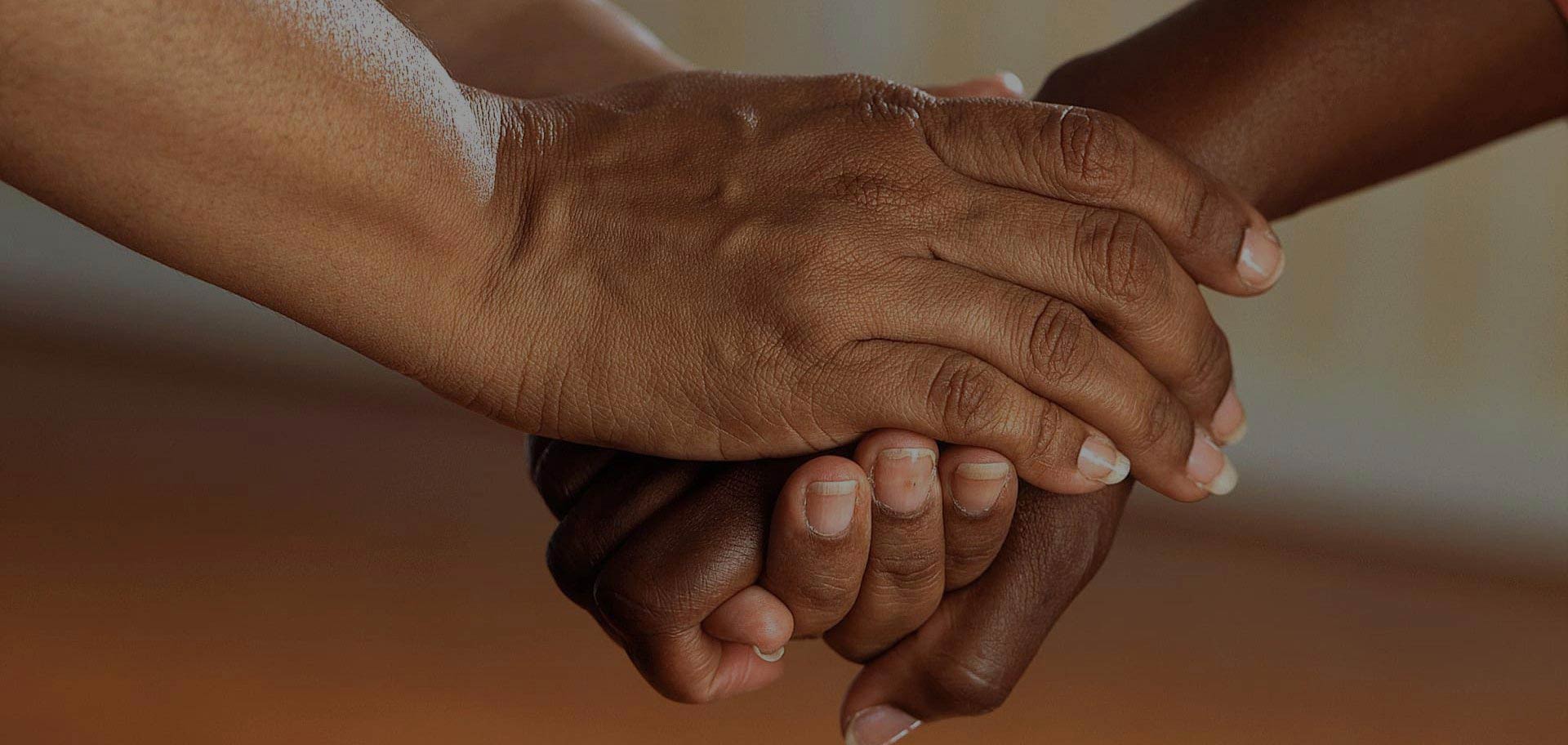
Psychology: how do small acts of kindness affect my well-being?
Small acts of kindness are among the most positive experiences we can have in our lives. Acts of kindness can range from donating to a charity to giving flowers to your partner. It all depends on your perception but there is something in each act towards others that will make you happy. It can also be reflected when you help someone or even do an act of “goodwill”.
When you perform a small act of kindness, it doesn’t exactly feel amazing at the moment. It’s more like a quick rush of satisfaction that passes after a few minutes, accompanied by some level of warmth and positivity. That temporary boost isn’t big enough to significantly affect your well-being on its own, but it does set a positive tone for your day overall and can even encourage other people to perform small acts of kindness themselves.
So many studies have been done on this topic that we know how this works now: when you perform a small act of kindness, your brain releases dopamine (the “feel-good” neurotransmitter), which encourages you to repeat the behavior and also improves your mood. This sets up a chain reaction where you are more likely to continue performing small acts of kindness and feeling good about yourself for doing so.
